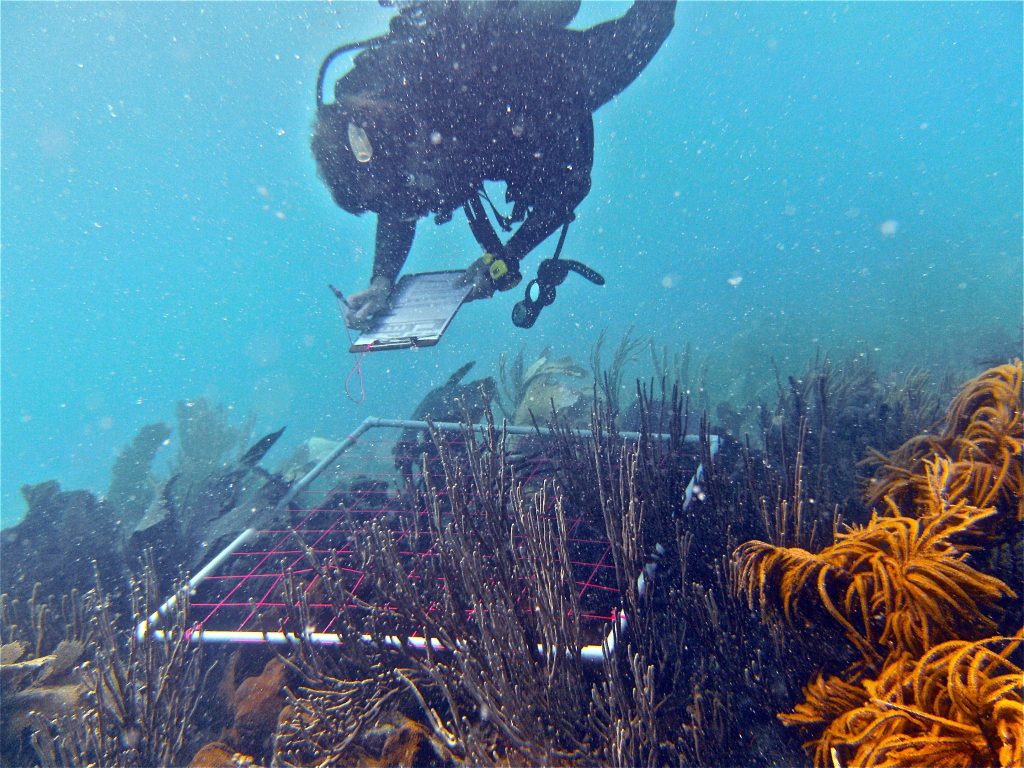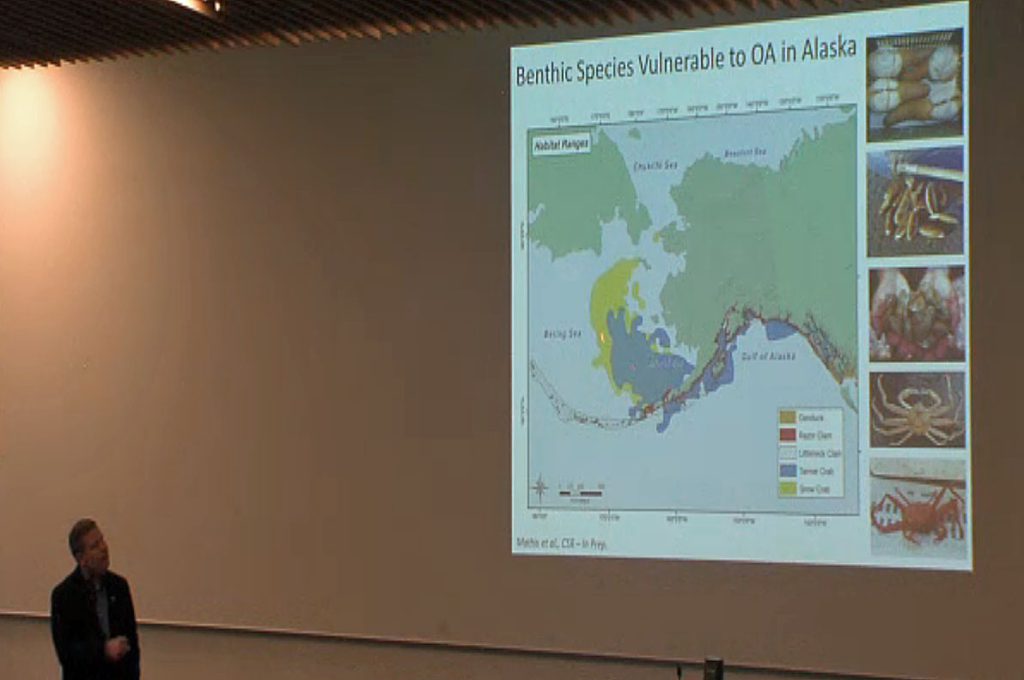Ocean Acidification – What it means and how to stop it
In the Sustainable Development Goals, the world has set forth a bold new vision for global development and committed to achieving it by the year 2030. SDG 14 calls for us to “conserve and sustainably use the oceans, seas and marine resources for sustainable development.” While most of the targets in SDG 14 cover ocean issues and challenges that are well known to most, such as pollution and overfishing, one SDG 14 target, 14.3, may not be so familiar: 14.3 Minimize and address the impacts of ocean acidification, including through enhanced scientific cooperation at all levels. What is ocean acidification, and why is it so important to ocean sustainability and therefore to the SDG agenda?
Ocean Acidification – What it means and how to stop it Read More »






